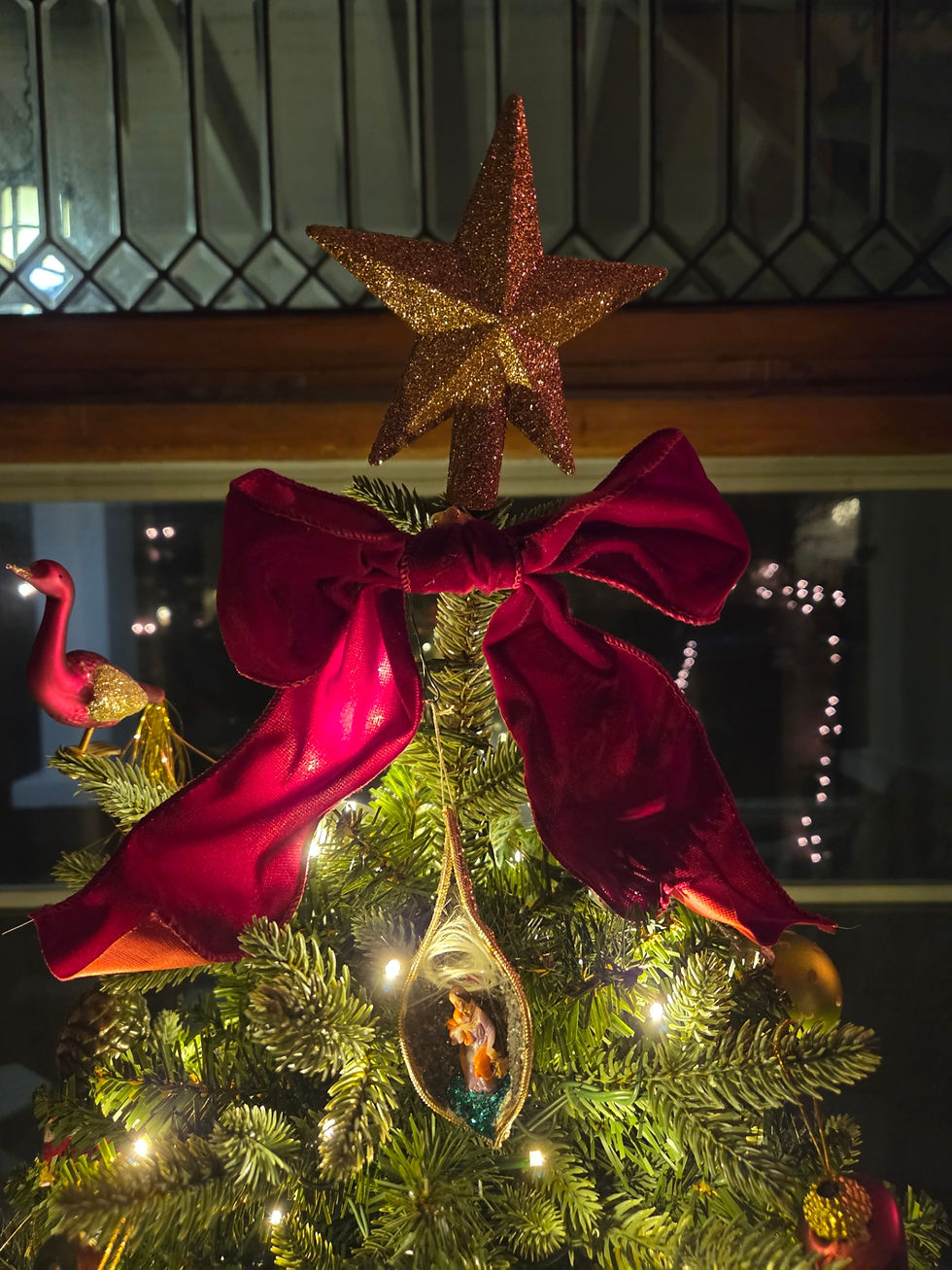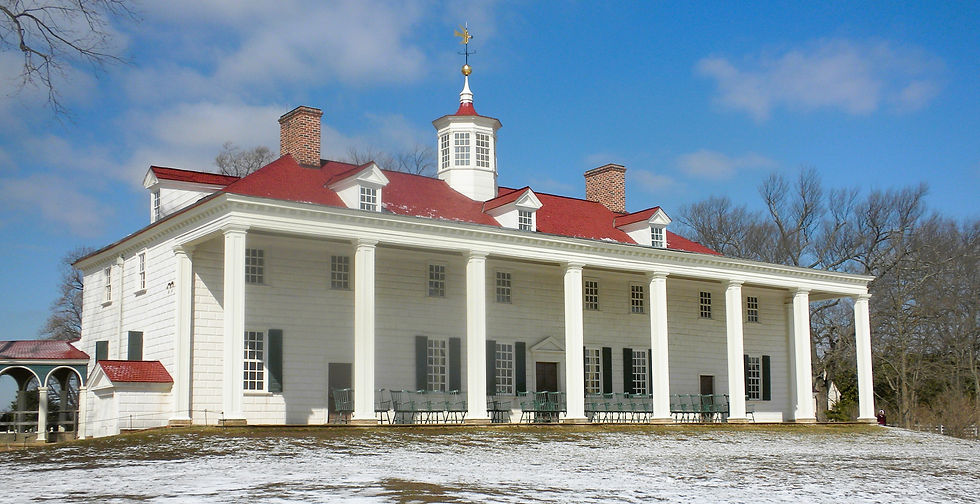Gratitude Friday 9-2-22 – The Willingness to Risk Trust
- Bill Stauffer

- Sep 23, 2022
- 4 min read
“The best way to find out if you can trust somebody is to trust them.” ― Ernest Hemingway

Trust can be a difficult thing, something I have been reflecting on lately. Having trust violated is a fundamental facet of life. There is no person who has ever lived that has not experienced risking trust and learning that the person that they trusted was unworthy of such confidence. What matters more than experiencing a trust violation is what we do with it when it occurs to us. As Jean-Paul Sartre said, “Freedom is what we do with what is done to us.” As Viktor E. Frankl said in Man's Search for Meaning “Everything can be taken from a man but one thing: the last of the human freedoms—to choose one’s attitude in any given set of circumstances, to choose one’s own way.” One of those basic decisions that we all face as humans is whether to continue to risk trust with the knowledge that it is likely at times to be violated.
As a person who has experienced physical, emotional, and psychological trust violations I know there is a tendency to put walls up. To cease to participate in anything that involves trusting another human. To keep everyone at a safe enough distance to avoid harm. There is an inherent flaw in such a strategy. As I wrote about a few weeks ago, we need human connection. If we wall ourselves off, we become isolated, which can and does kill people. So, we all face a dilemma to trust with the knowledge that at least some of those we trust will hurt us, or wall ourselves off from humanity and deteriorate in isolation. The former option offers hope for a positive outcome not present in the latter choice. Life without hope is bleak. One of the fundamental paradoxes of life.
There are also those who walk among us who are inherently not worthy of trust. They do not experience feelings in the way that the rest of us do. They can be charming and quite likeable at first. If you look closer, they often have a cold, dead look in their eyes. They are adept at mimicking empathy. I am talking here about persons who have sociopathy. For people interested in getting better at spotting people who have this, I highly recommend the Behavior Panel, a YouTube channel from the world's top four body language and behavior experts help you to learn how to observe behavior and linguistic cues that can indicate incongruence. Fortunately, most people who violate trust are not sociopathic, but persons with full ranges of human feelings but who perceive some benefit of violating trust for personal gain. They may behave otherwise until they see a gain at your expense. Complex dynamics that make trust such a challenge!
As a clinician, I have worked with people who have experienced profound trust violations, including sexual assault from people they thought were there to help them. The damage that this does to a person is severe, particularly in the recovery process when finding safe people and places are vital to building a road back from the hell of addiction. This can happen on a systems level as well when programs promise one thing and deliver something far different. I have seen a lot of systems put their own self interests in front of the people they reportedly serve. That dynamic has destroyed a lot of lives. We must do better as a system for mutual accountability at all levels so that we ensure people in our care systems get what they need, are not be taken advantage of and to whom we do not promise things not delivered.
Recovery taught me a lot about trust. Fortunately, the majority of people and systems I trusted in early recovery were worthy of my confidence. Recovery also helped me trust my own senses. To see incongruence. To register when people’s actions did not match their words. To trust that uneasy feeling we all get when a situation does not seem quite right. But truth be told, I have no perfect internal radar for trust. Honestly, I think that well over half the time that I trust a person, I learn that they are not worthy. As Hemingway says above, it is how we learn who and what to trust. We cannot do so isolated behind self-imposed walls; we must be in the arena of life to find those whom we can forge deep bonds even as we get hurt by the people or systems we misplaced trust in. It is also a wise course of action to forgive those who have violated our trust, at least to the point it no longer consumes you. The last point is something I work at.
Conversely are we people worthy of trust? I have an imperfect record here, but I honestly strive to do unto others as I would have done unto me. I lived in addiction as a person unworthy of trust and it was not consistent with who and what I wanted to be. This was my most profound lessons in trust, being the person with no integrity. I did not even trust the person I saw in the mirror, and so I decided to change. I can pass the mirror test today. Grateful for that.
This post is a reflection on gratitude centered on trust. Readers can probably tell I have some scars, and even perhaps some open wounds in this area. I suspect I am not alone here. The question that always remains is what do we do next? For me, it is back in the arena of risk. I have found a few truly amazing people on my journey through life whom I can really trust. I could only find them by getting hurt by people who were not so worthy. Today I am grateful that I can still take a risk and trust, despite and perhaps because of my life experience in respect to trust.
What are you grateful for today?










Comments